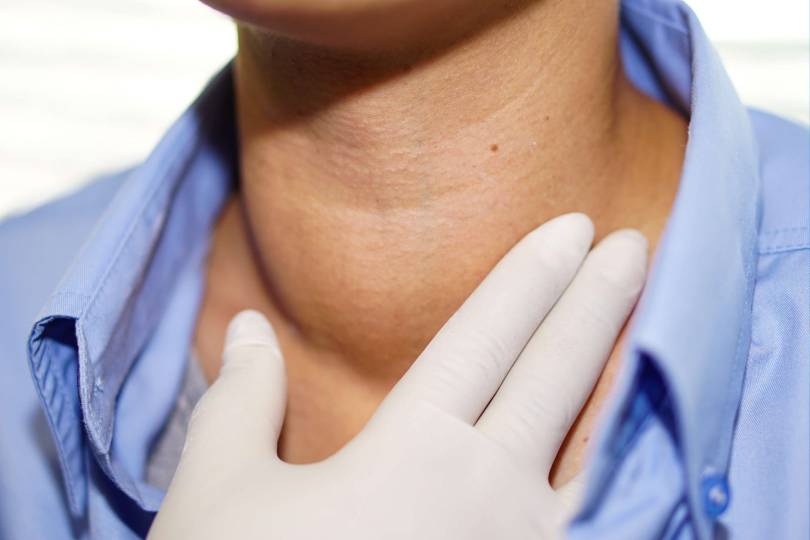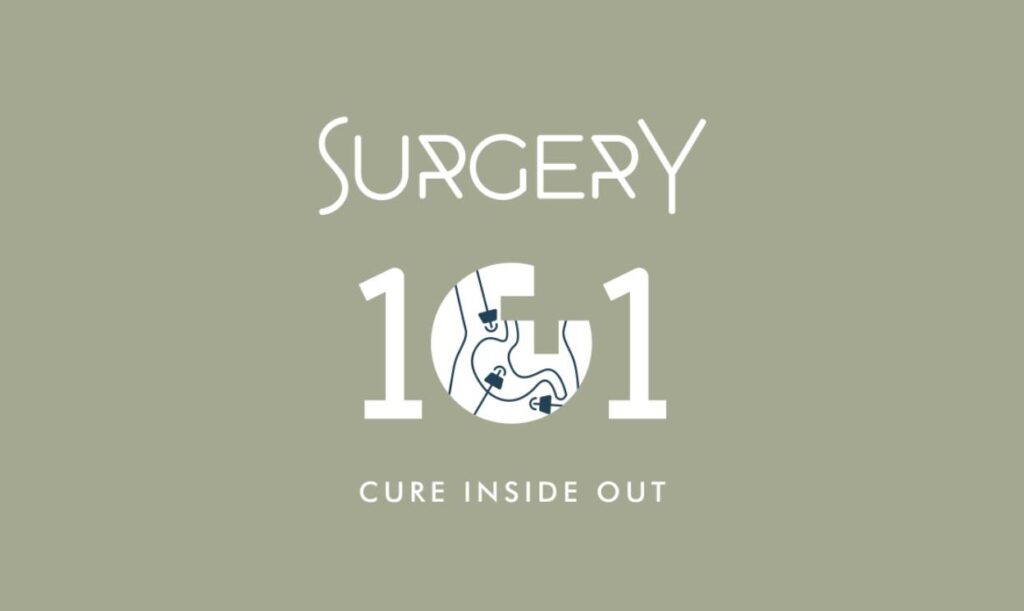
Thyroid Surgery
Thyroid surgery is a medical procedure performed to treat various thyroid gland conditions. The thyroid gland, located in the neck, produces hormones that regulate metabolism, growth, and energy levels in the body.
Here’s a breakdown of thyroid surgery in simple terms:
Why Thyroid Surgery?
Thyroid surgery becomes necessary when:
- Thyroid Nodules: Abnormal growths or lumps in the thyroid gland.
- Thyroid Cancer: Malignant tumors in the thyroid gland.
- Hyperthyroidism: Overactive thyroid gland causing health issues.
- Goiter: Enlargement of the thyroid gland causing discomfort or difficulty in swallowing or breathing.
Types of Thyroid Surgery:
- Thyroid Lobectomy: Removal of one lobe (half) of the thyroid gland.
- Total Thyroidectomy: Removal of the entire thyroid gland.
- Subtotal Thyroidectomy: Partial removal of the thyroid gland, leaving a small amount of tissue behind.
Procedure:
- Preparation: Patients are usually advised to stop eating or drinking before surgery. Pre-operative tests and discussions with the surgical team happen to ensure readiness.
- Anesthesia: General anesthesia is administered to ensure the patient is unconscious and doesn’t feel any pain during the procedure.
- Incision: A small incision is made in the neck area to access the thyroid gland. The size of the incision depends on the type of surgery.
- Thyroid Removal: The surgeon carefully removes the affected part or the entire thyroid gland while preserving nearby structures like the parathyroid glands and the recurrent laryngeal nerve.
- Closure: The incision is closed with sutures or surgical staples.
- Recovery: After the surgery, patients are monitored closely for any complications and are usually kept in the hospital for a day or two.
Risks and Complications:
- Bleeding: Excessive bleeding during or after surgery.
- Infection: Risk of infection at the incision site.
- Damage to nearby structures: Damage to the parathyroid glands or the recurrent laryngeal nerve, which can affect calcium levels and voice respectively.
- Hypothyroidism: After total thyroidectomy, patients often need lifelong thyroid hormone replacement therapy.
- Scar formation: A scar may form at the incision site.
Recovery:
- Pain Management: Pain medication may be prescribed to manage discomfort.
- Activity: Patients are usually advised to limit physical activity for a few weeks.
- Follow-up: Regular follow-up visits with the surgeon to monitor healing and thyroid hormone levels.
Conclusion:
Thyroid surgery is a common and generally safe procedure for treating various thyroid gland conditions. While there are risks involved, proper pre-operative preparation, skilled surgical techniques, and post-operative care help minimize complications and promote a smooth recovery. It’s important for individuals undergoing thyroid surgery to communicate openly with their healthcare team and adhere to post-operative instructions for the best possible outcome.
Our Services
About Surgery 101
Are you looking for a highly skilled surgeon with a wealth of experience in gastrointestinal and colorectal procedures? Look no further than Dr. Shashank Shrikant Adgudwar, a board-certified medical professional with a remarkable journey in the field of surgery.
Your Expert Laparoscopic and Laser GI and Colorectal Surgeon
About Surgery 101
Contact Info
Address
Ganraj chowk, 101 Clinic, 2nd floor Whispering woods building, opposite Gera emerald city, Baner, Pune, Maharashtra 411045
Phone Number
+91-7055101101
Email
surgery101clinic@gmail.com

